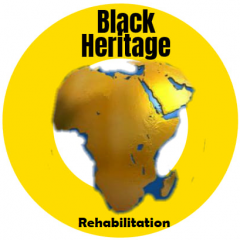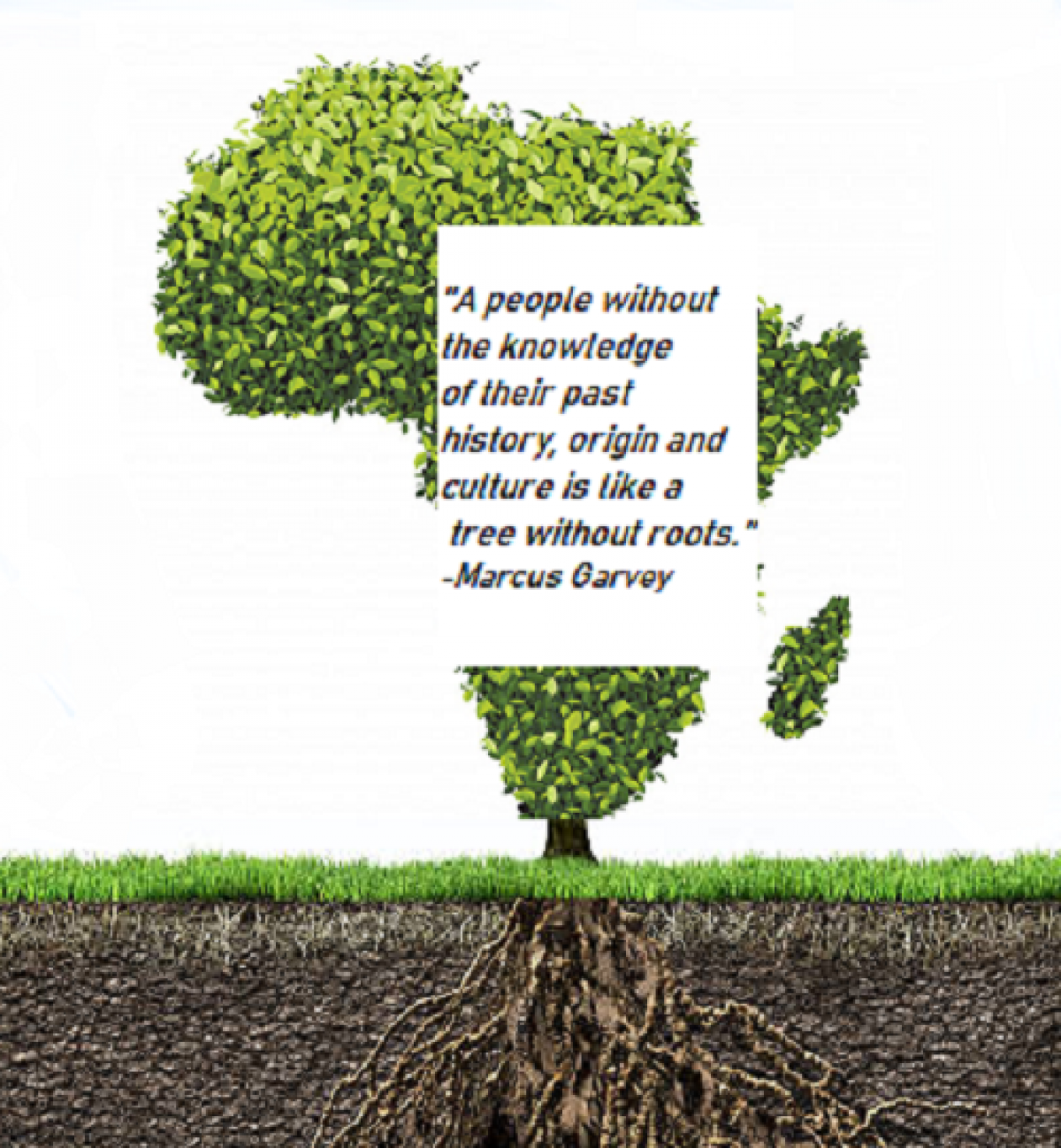Mary Prince (1788-c.1833):, former West Indian Slave, Abolitionist & Writer.
The First Woman to Present a Petition to Parliament and to write and publish an autobiography.
Mary Prince’s background as a slave woman to various cruel slave owners in the Caribbean would never have classed her by many as a likely future abolitionist, let alone the first woman to present a petition to parliament or to write and publish an autobiography.
Mary Prince was a West Indian slave born in 1788 to a family who were slaves in Bermuda. She had a number of owners who mistreated her brutally as according to her autobiography. While in Antigua where she belonged to the Wood Family and in December 1826, she married former slave (he had bought his freedom), Daniel James, who worked as a carpenter and cooper. This act of marriage resulted in her being severely beaten by her slave master.
In 1928 she traveled to England with her slave master and run away while she gained her freedom in England she was unable to return to the West Indies to be with her husband. Her owners only granted her freedom under the condition that she did not return to the West Indies, despite the efforts from abolitionists and partitioning parliament. She was fortunate enough to have the opportunity to join the campaign against slavery alongside the Anti-Slavery Society. She was employed by an abolitionist writer and Secretary to the Anti-Slavery Society, Thomas Pringle.
Mary Prince wrote an autobiography called ‘The History of Mary Prince, a West Indian Slave, related by herself’, (London, 1831). Her autobiography is said to have been very influential in the abolition of slavery as it reminded the general public and parliamentarians that although the trade was legally banned, thousands of people were still being enslaved.
Below are excerpts from Mary Prince’s autobiography:
EXTRACT:
“Oh the horrors of slavery! – How the thought of it pains my heart! But the truth ought to be told of it; and what my eyes have seen I think it is my duty to relate; for few people in England know what slavery is. I have been a slave – I have felt what a slave feels, and I know what a slave knows; and I would have all the good people in England to know it too, that they break our chains, and set us free…I am often much vexed and I feel great sorrow when I hear some people in this country say, that the slaves do not need better usage, and do not want to be free. They believe the foreign people, who deceive them and say slaves are happy. I say, Not so. How can slaves be happy when they have the halter round their neck and the whip upon their back? And are disgraced and thought no more of than beasts? -and are separated from their mothers and husbands, and children and sisters, just as cattle are sold and separated?
Since I have been here I have often wondered how English people can go out into the West Indies and act in such a beastly manner. But when they go to the West Indies, they forget God and all feeling of shame, I think, since they can see and do such things. They tie up slaves like hogs – moor them up like cattle, and they whip them, so as hogs, or cattle, or horses never were flogged; – and yet they come home and say, and make some good people believe, that slaves don’t want to get out of slavery. But it is not so. All slaves want to be free – to be free is very sweet. I have been a slave myself – I know what slaves feel – I can tell by myself what other slaves feel and by what they have told me. The man that says slaves be quite happy in slavery – that they don’t want to be free – that man is either ignorant or a lying person. I never heard a slave say so.
EXTRACT (RECORDED) 1:
We followed my mother to the market-place. At length the vendue master, who was to offer us for sale like sheep or cattle, arrived, and asked my mother which was the eldest. She said nothing, but pointed to me. He took me by the hand, and led me out into the middle of the street, and, turning me slowly round, exposed me to the view of those who attended the vendue. I was soon surrounded by strange men, who examined and handled me in the same manner that a butcher would a calf or a lamb he was about to purchase. The bidding started at a few pounds, and gradually rose to 57. The people who stood by said that I had fetched a great sum for so young a slave. I then saw my sisters led forth, and sold to different owners. When the sale was over, my mother hugged and kissed us, and mourned over us, begging us to keep a good heart. It was a sad parting; one went one way, one another …
The next morning my mistress set about instructing me in my tasks. She taught me to do all sorts of household work. And she taught me (how can I ever forget it!) the exact difference between the rope and the whip, when applied to my naked body by her own cruel hand. And there was scarcely any punishment more dreadful than the blows received on my face and head from her hard heavy fists. She was a fearful woman, and a savage mistress to her slaves.
EXTRACT (RECORDED) 2:
Mary Prince had a number of different owners. One was the owner of salt ponds.
I was immediately sent to work in the salt water with the rest of the slaves. I was given a half barrel and a shovel, and had to stand up to my knees in the water, from four o’clock in the morning till nine, when we were given some Indian corn boiled in water.
We were then called again to our tasks, and worked through the heat of the day; the sun flaming upon our heads like fire, and raising salt blisters in those parts which were not completely covered. Our feet and legs, from standing in the salt water for so many hours, soon became full of dreadful boils, which eat down in some cases to the bone.
We came home at twelve; ate our corn soup as fast as we could, and went back to our employment till dark at night. We slept in a long shed, divided into narrow slips. Boards fixed upon stakes driven into the ground, without mat or covering, were our only beds.”
Source: http://abolition.e2bn.org/people_37.html
![]() 2020BHR-DEN
2020BHR-DEN

